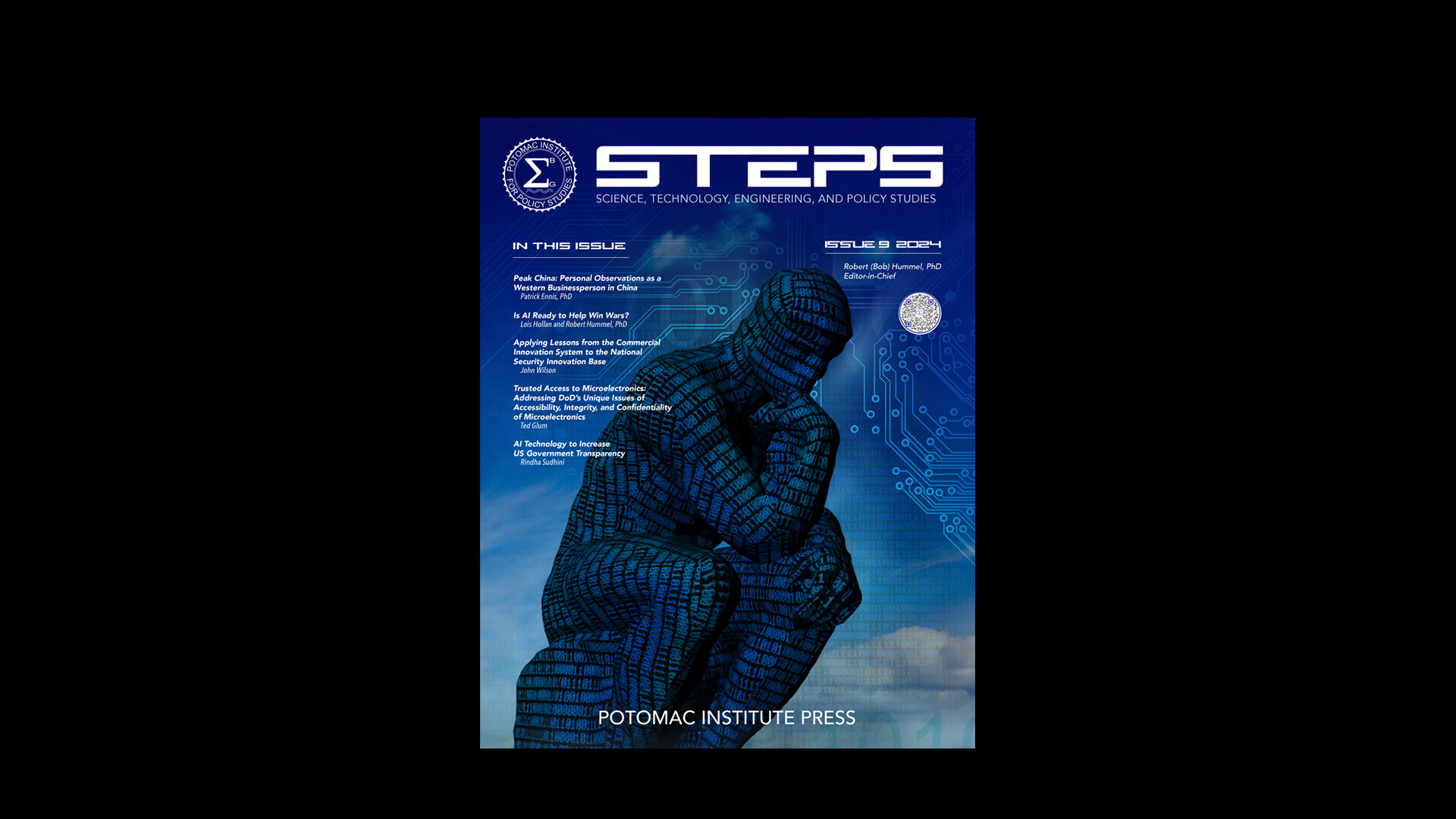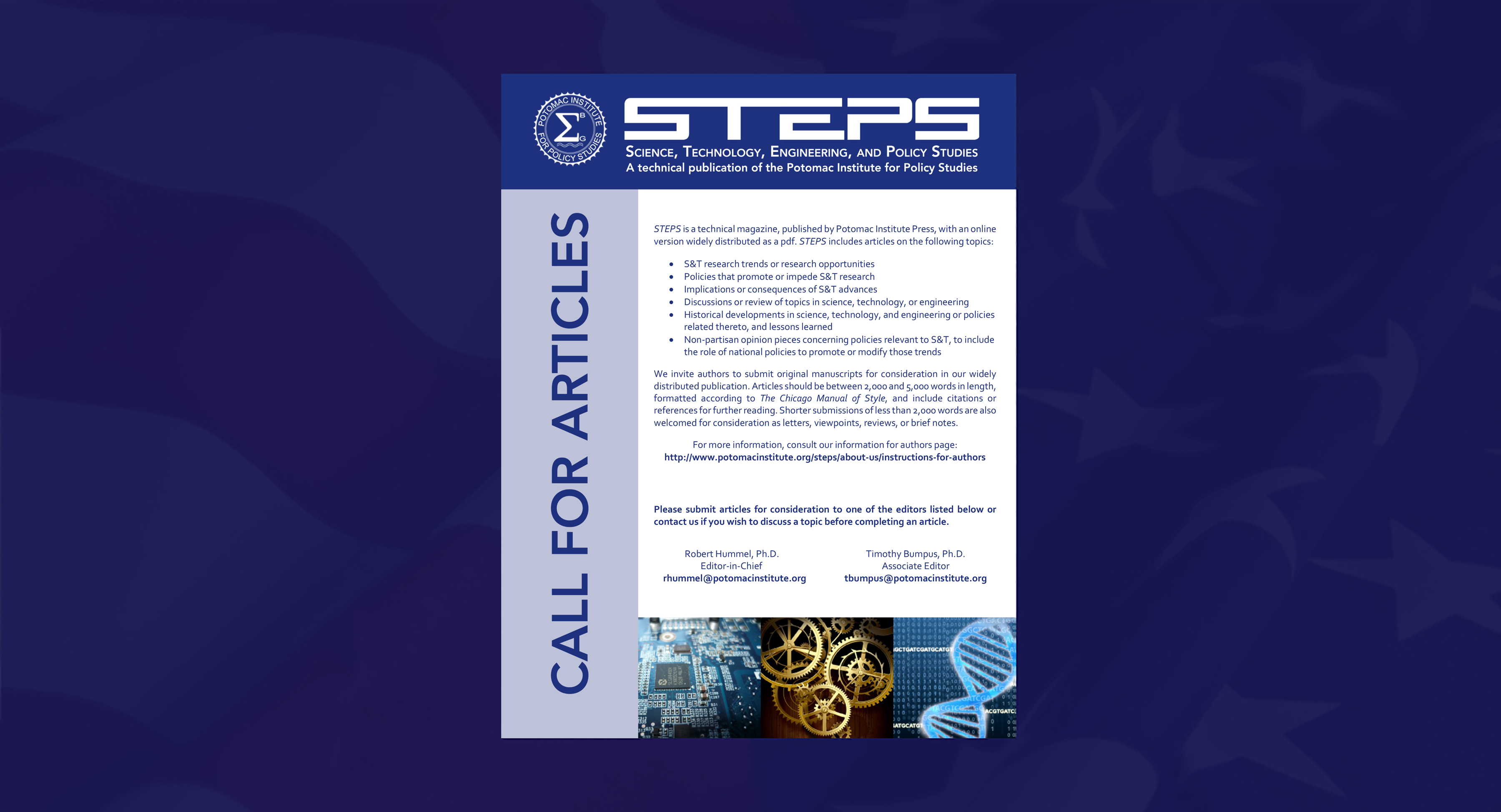HEADLINE: WHO raises pandemic alert to Phase 5
SUMMARY: In response to the swine flu, or H1N1, outbreak across the globe, the World Health Organization raised its pandemic threat level to Phase 5, its second-highest rating.
STORY LINK: http://www.cidrap.umn.edu/cidrap/content/influenza/panflu/news/apr2909who.html
ANALYSIS: Influenza outbreaks are highly predictable – they WILL occur. It is guaranteed. Where, when, and how it will spread is another matter, one with which science and medicine grapple. This inevitability should drive our response.
This outbreak is a rapidly developing situation, one that underscores the impact of swift international travel. As has been stated in many media outlets, the problem is influenza is contagious some 48 hours prior to symptoms developing. In other words, by the time you know you have the flu you have already exposed those around you.
Given this uncertainty, basic precautions should be taken. Keep up to date with local health authorities. Guidance will vary by location, so it is important to know what is happening in your area. If there are suspected cases in your area, limit contact with people and avoid crowded places. If you are sick, stay home. If you think you are getting sick, go or stay home. If you have flu symptoms -- usually high fever, cough, runny or stuffy nose, sore throat, body aches, headache, chills, fatigue or tiredness (which can be extreme), or diarrhea and vomiting (sometimes, according to CDC) – call your doctor’s office. Tell them your exact symptoms and follow their instructions. Avoid “just showing up,’’ as you might infect others if you do have the flu. Employers should adopt policies that encourage sick workers to go home without penalty.
Public health and government officials are acting to stem the spread of what the World Health Organization is now terming H1N1. This includes such measures as closing schools where documented cases have appeared, limiting public gatherings, and restricting unnecessary travel to areas with a significant number of cases. Avoiding exposure remains the best way of evading this illness. The health emergency declared by the Federal government allows for distribution of antiviral medicines and other measures. These can and may be used to further inhibit the spread of the disease (by limiting the virus’ ability to reproduce). This should only be done under a physician’s orders, however. Indiscriminate use of prescription drugs can result in the virus gaining resistance to the medication.
WHO has advised no restriction of regular travel or closure of borders, but recommends people who are ill to delay international travel and for people developing symptoms following international travel to seek medical attention.
To paraphrase the old adage: Knowledge is empowerment. Stay abreast of health information in your community, and take care of yourself and those around you. And, of course, take the same precautions for any flu: cover coughs, wash hands frequently, avoid crowds, stay home if ill, get enough rest, eat properly and exercise.

















